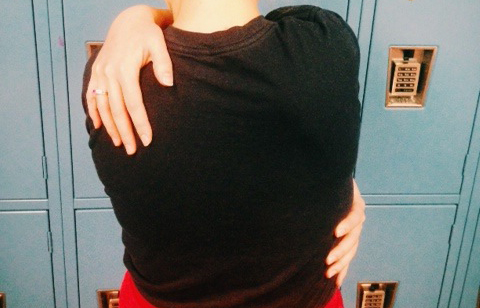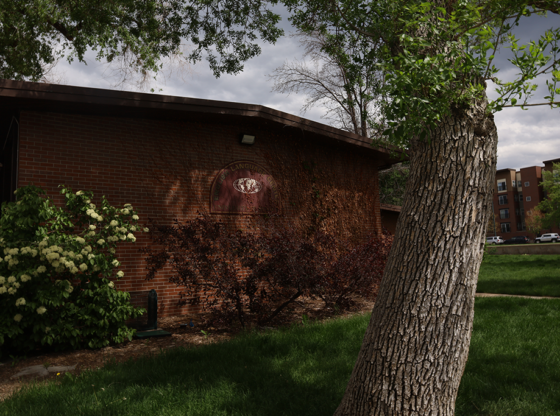Valentine’s Day is a polarizing holiday. Either love is in the air or the cynicism of Singles’ Awareness Day (SAD) kicks in. Let me be clear: I am, and always have been, in the party that enjoys Valentine’s Day. Even when I wasn’t in a relationship, I managed to find a way to celebrate with friends, family and romantic comedies. Despite that, I still see Valentine’s Day as a detrimental holiday, particularly to college students.
According to history.com, the day and entire month of February have long been celebrated as a time of romance. There shouldn’t be great problems with just this celebration.
However, the tradition of giving “valentines” and the fixation on giving gifts has grown. Along with it, the divide between lovers and singles began. Watching others being showered with gifts is never very pleasant, but on Valentine’s Day, the showering is even more noticeable and functions as an additional reminder of relationship statuses.
The increased commercialization of Valentine’s Day has only exacerbated this issue. The National Retail Federation expects U.S. consumers to spend $17.3 billion on Valentine’s Day this year. The holiday has increasingly come to represent a business holiday, rather than a simple celebration of romance. The greater gift-giving also increases the polarization between those who appreciate and those who hate the holiday.
In college, a time of mental challenges for many students, this holiday is especially problematic. The Higher Education Research Institute just released its 2014 report on college freshmen, which highlights the mental challenges students face. The study reveals that more college freshmen are depressed than any other year of their report, which has been conducted every year since 1985. We are at a critical moment in the mental well-being of college students. As a result, a polarizing holiday in the midst of winter can be detrimental to much of the student population.
The romantic culture of college also creates problems in celebrating Valentine’s Day. Casual sex, rampant in college culture, can be detrimental to mental health. A study published in The Journal of Sex Research in 2013 showed that casual sex among college students decreased well-being while significantly increasing anxiety. The increasing commercialized pressure of Valentine’s Day may escalate this anxiety to new levels.
DU has made efforts to fight some of the other negative effects of Valentine’s Day by creating Love, Sex, and Health Week. Throughout the week, events will offer free HIV/STI testing, safe sex supplies and multiple discussions regarding healthy relationships.
These events will help alleviate the potential consequences for students who will be celebrating the holiday. Nonetheless, they will do little to help the other pole of the holiday.
In addition to the events offered during Love, Sex, and Health Week, DU should make an active effort to maintain mental health of all students around Valentine’s Day, whether this is through promotions of counseling services or a decreased emphasis on the holiday as a whole.
As students, we should also make an effort to recognize the holiday for what it was originally: a celebration of love. It is difficult to simplify the holiday after its extended evolution and commercialization of romantic love, but we can make an effort to celebrate other types of love, like family and friendship.
Whether we are able to remove the detriments of Valentine’s Day or not, we can always remind ourselves that the holiday is just that: a holiday. It is one day of celebration that won’t likely have great significance in the long-run. Whether you celebrate the holiday or not, take it in stride.











